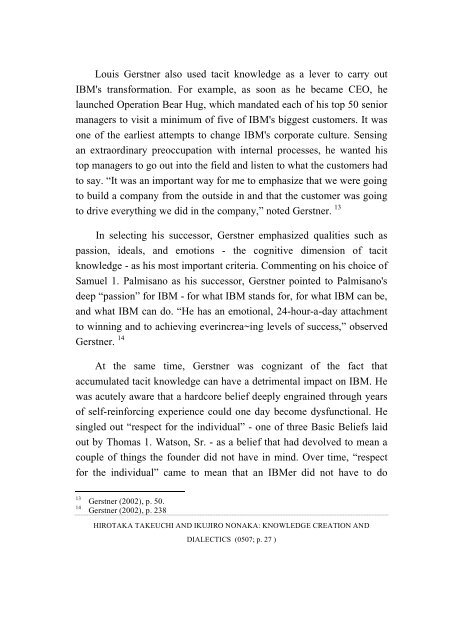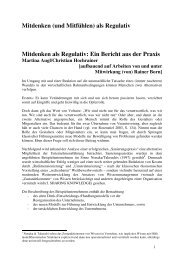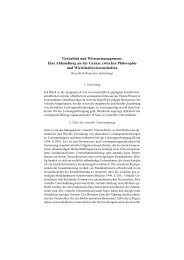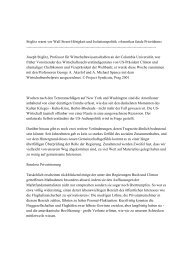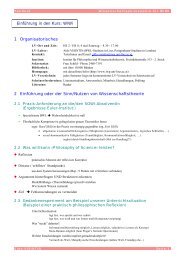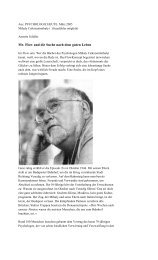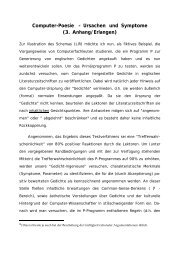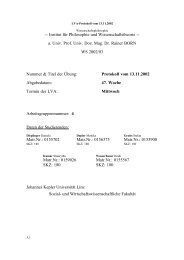KNOWLEDGE CREATION AND DIALECTICS
KNOWLEDGE CREATION AND DIALECTICS
KNOWLEDGE CREATION AND DIALECTICS
You also want an ePaper? Increase the reach of your titles
YUMPU automatically turns print PDFs into web optimized ePapers that Google loves.
Louis Gerstner also used tacit knowledge as a lever to carry out<br />
IBM's transformation. For example, as soon as he became CEO, he<br />
launched Operation Bear Hug, which mandated each of his top 50 senior<br />
managers to visit a minimum of five of IBM's biggest customers. It was<br />
one of the earliest attempts to change IBM's corporate culture. Sensing<br />
an extraordinary preoccupation with internal processes, he wanted his<br />
top managers to go out into the field and listen to what the customers had<br />
to say. “It was an important way for me to emphasize that we were going<br />
to build a company from the outside in and that the customer was going<br />
to drive everything we did in the company,” noted Gerstner. 13<br />
In selecting his successor, Gerstner emphasized qualities such as<br />
passion, ideals, and emotions - the cognitive dimension of tacit<br />
knowledge - as his most important criteria. Commenting on his choice of<br />
Samuel 1. Palmisano as his successor, Gerstner pointed to Palmisano's<br />
deep “passion” for IBM - for what IBM stands for, for what IBM can be,<br />
and what IBM can do. “He has an emotional, 24-hour-a-day attachment<br />
to winning and to achieving everincrea~ing levels of success,” observed<br />
Gerstner. 14<br />
At the same time, Gerstner was cognizant of the fact that<br />
accumulated tacit knowledge can have a detrimental impact on IBM. He<br />
was acutely aware that a hardcore belief deeply engrained through years<br />
of self-reinforcing experience could one day become dysfunctional. He<br />
singled out “respect for the individual” - one of three Basic Beliefs laid<br />
out by Thomas 1. Watson, Sr. - as a belief that had devolved to mean a<br />
couple of things the founder did not have in mind. Over time, “respect<br />
for the individual” came to mean that an IBMer did not have to do<br />
13<br />
14<br />
Gerstner (2002), p. 50.<br />
Gerstner (2002), p. 238<br />
HIROTAKA TAKEUCHI <strong>AND</strong> IKUJIRO NONAKA: <strong>KNOWLEDGE</strong> <strong>CREATION</strong> <strong>AND</strong><br />
<strong>DIALECTICS</strong> (0507; p. 27 )


